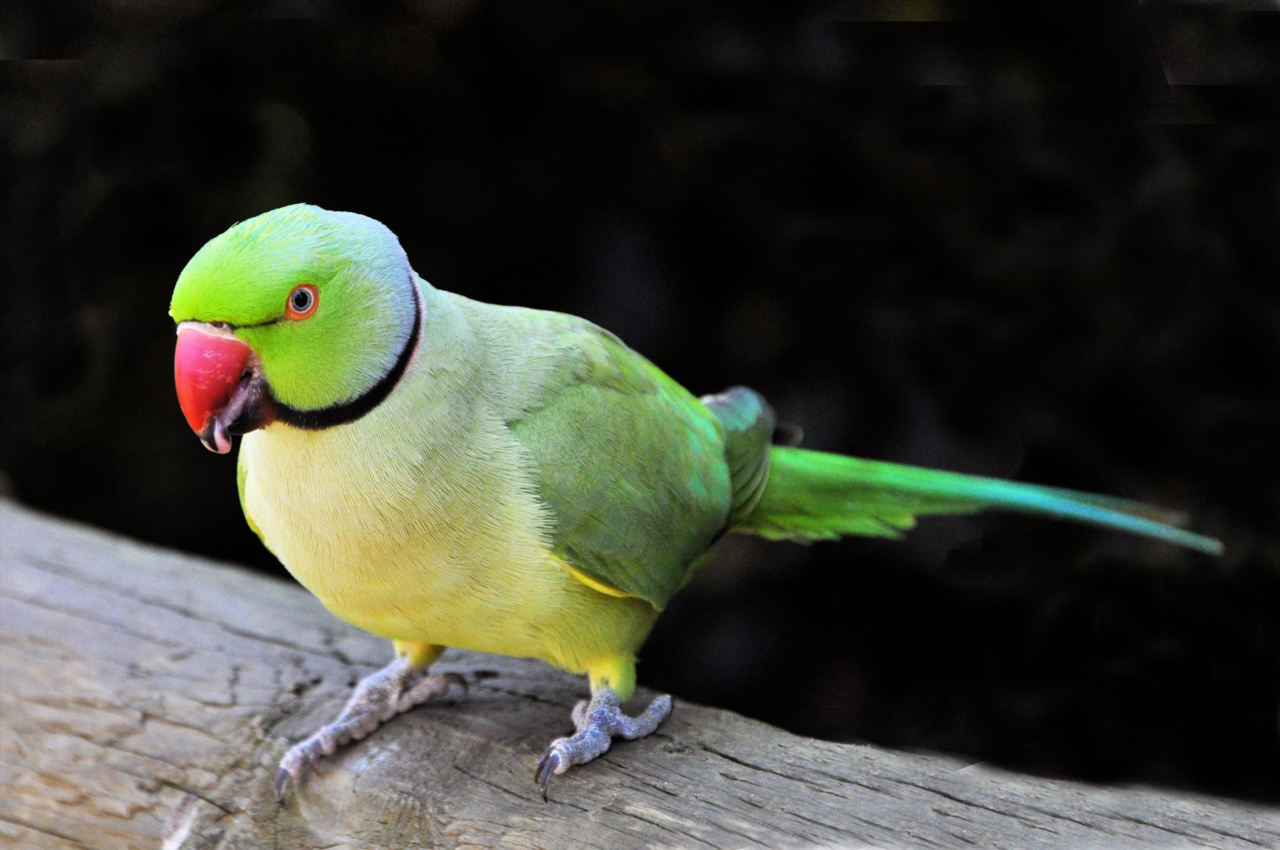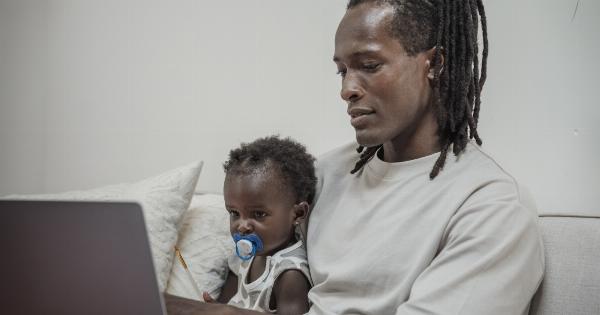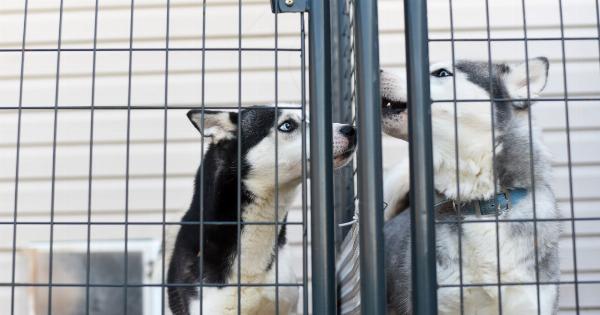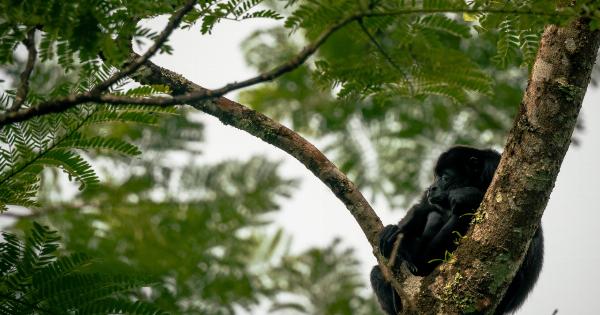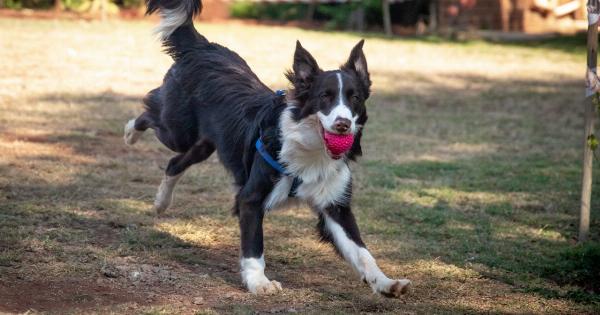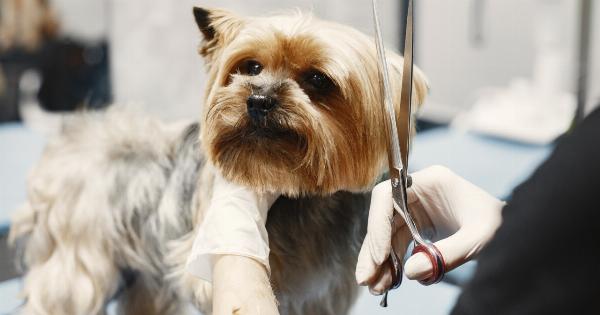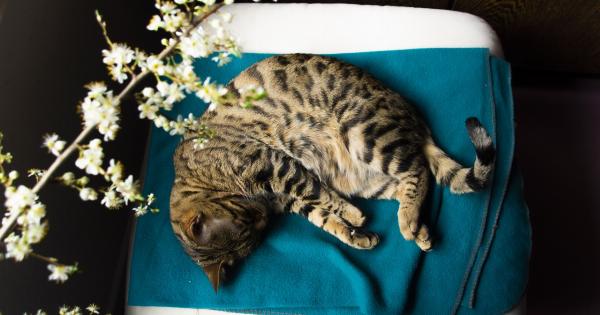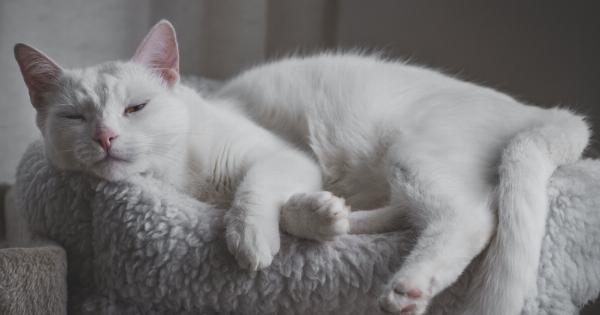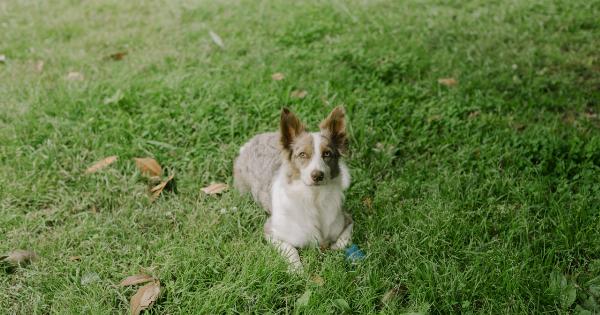Deciding to bring a pet bird into your home is an exciting and rewarding decision. One of the most popular options for a domesticated bird is the Budgie Parrot, also known as a budgerigar or a pet parakeet.
These vibrant and social creatures make great companions, but before you rush into getting one, there are a few important factors to consider. In this article, we will explore seven key things to think about before bringing a Budgie Parrot into your life.
1. Time Commitment
Like any pet, Budgie Parrots require time and attention. These birds are highly social and crave interaction with their human caretakers. They can become lonely and develop behavioral issues if left alone for extended periods of time.
If you have a busy lifestyle, consider whether you can dedicate enough time for daily out-of-cage interaction, training, and playtime to keep a Budgie Parrot happy.
2. Space
Budgie Parrots, though small in size, are active and require ample space to thrive. They need enough room to fly around and exercise their wings. A spacious cage with toys, perches, and places to hide is essential.
Additionally, make sure you have enough space in your home to accommodate the cage comfortably without causing clutter or compromising their safety.
3. Noise Level
Budgie Parrots are known for their cheerful chatter and ability to mimic sounds. While some may find this delightful, others may find the constant chirping and squawking overwhelming, especially in smaller living spaces or noise-sensitive environments.
Evaluate your tolerance for noise and consider whether it aligns with the lively vocalizations of a Budgie Parrot.
4. Lifespan Commitment
Budgie Parrots can live for an average of 7 to 10 years, but with proper care, they can live well into their teens or even twenties. Owning a Budgie Parrot is a long-term commitment.
Ensure that you are ready and willing to provide care and companionship for this extended period. Consider your future plans, such as potential moves or lifestyle changes, and how they may impact your ability to care for your feathered friend.
5. Allergies
Some individuals may have allergies or sensitivities to bird feathers or dander. Before bringing a Budgie Parrot into your home, spend time with one in a controlled environment to gauge any potential allergic reactions.
It’s essential to prioritize your health and wellbeing, as well as the welfare of the bird.
6. Financial Responsibility
While Budgie Parrots may not have extensive medical needs, they still require proper nutrition, regular veterinary check-ups, and occasional medical treatments if necessary.
Additionally, there are initial costs such as purchasing a suitable cage, toys, and ongoing expenses for food and other supplies. Make sure you are financially prepared to meet these responsibilities and provide the best possible care for your Budgie Parrot.
7. Commitment to Education and Learning
Owning a Budgie Parrot involves continuous learning about their specific needs, behavior, and health.
Stay updated with avian literature, consult with avian experts or experienced owners, and be ready to provide mental stimulation and enrichment activities. Being committed to ongoing education will ensure a healthy and happy life for your Budgie Parrot companion.
Conclusion
A Budgie Parrot can be a wonderful and delightful addition to your family if you are prepared to meet their needs.
Consider the time, space, noise, lifespan commitment, allergies, financial responsibility, and commitment to learning before bringing one home. With proper care and attention, your Budgie Parrot can become a lifelong feathered friend, enriching your life and giving you countless joyful moments.
